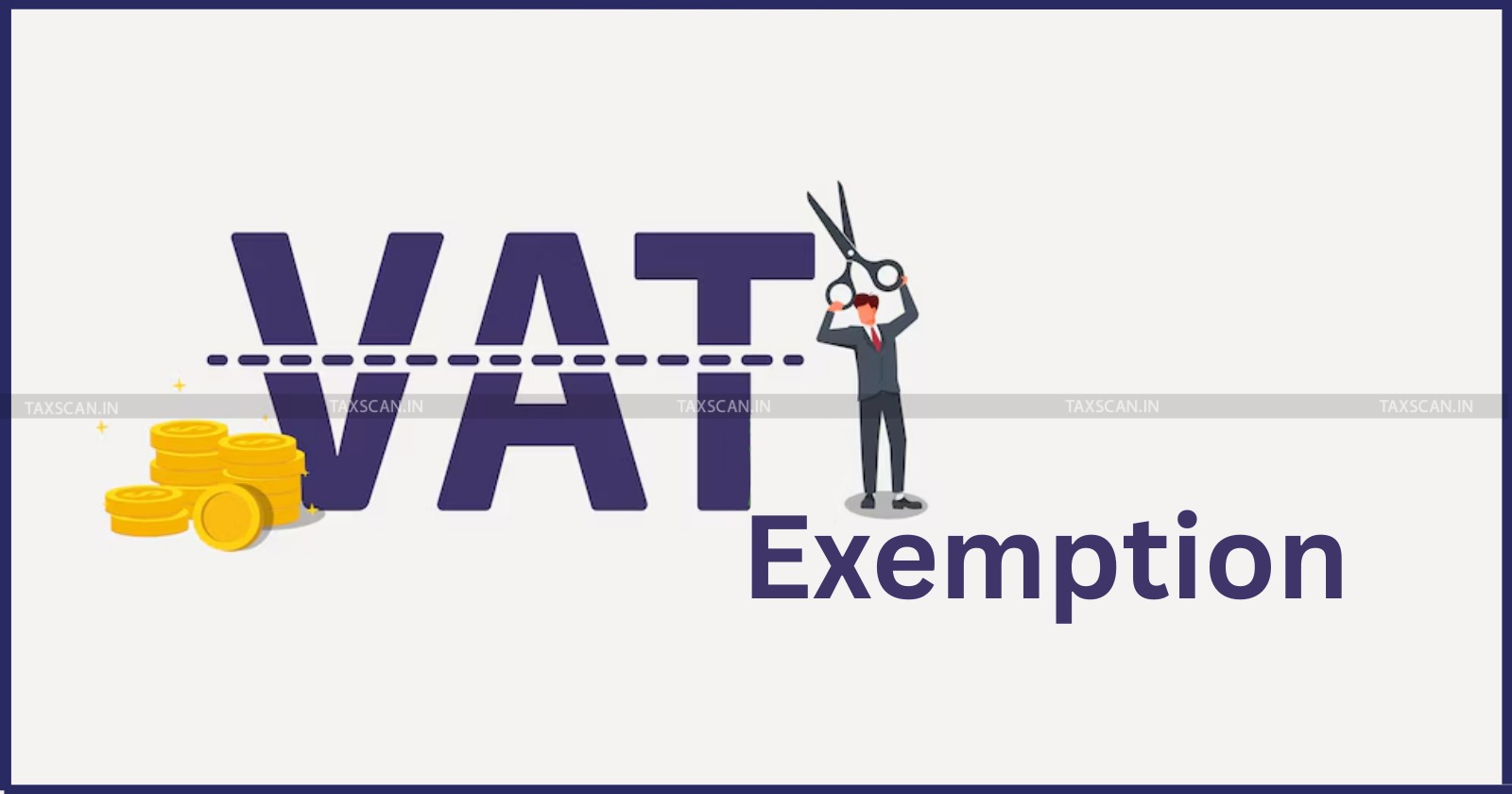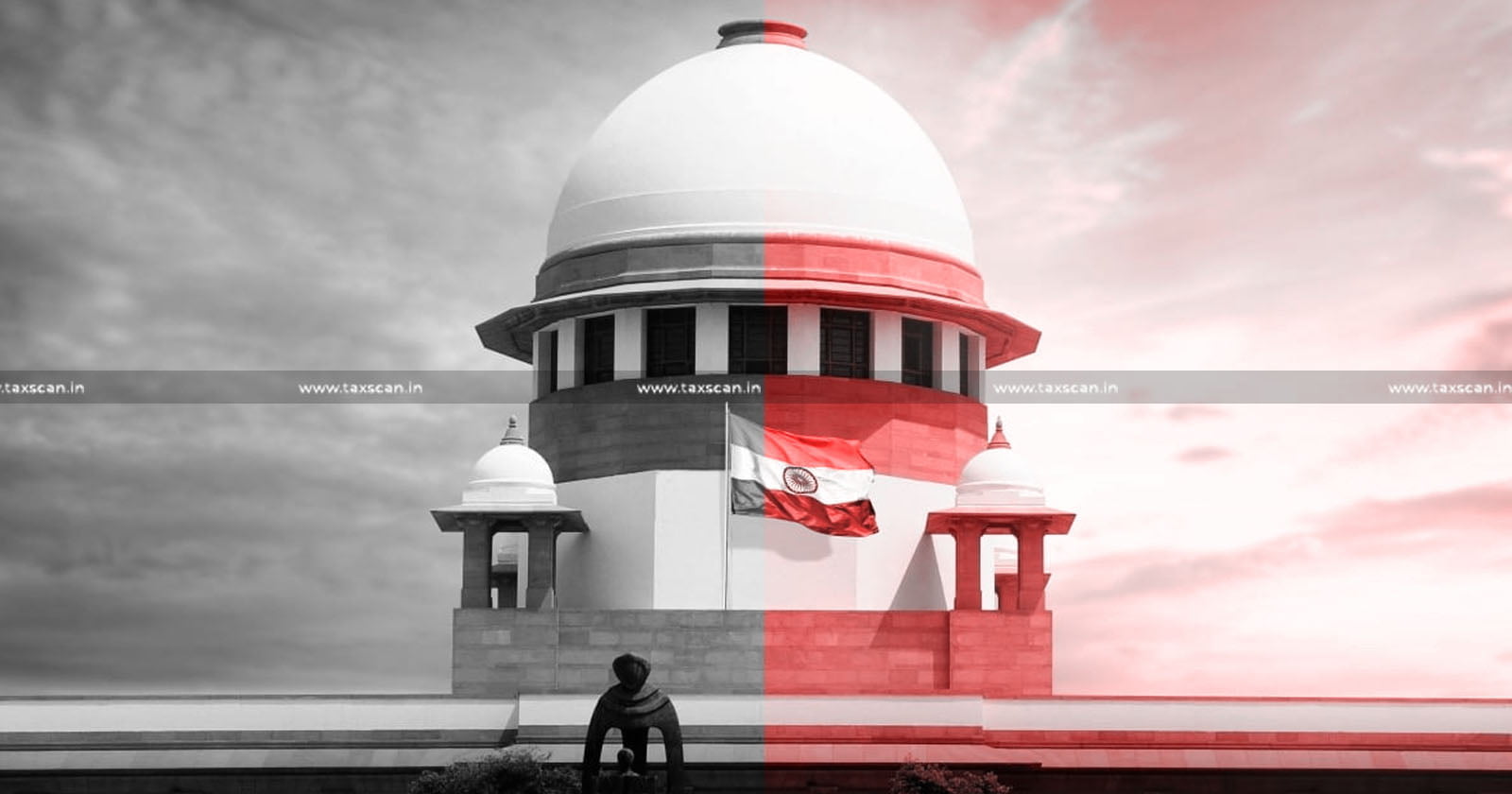Relief for LG Electronics: Supreme Court Rules Classification Not Decisive when Customs Duty Exemption under India-Korea CEPA Applies [Read Order]
The Supreme Court held that LG Electronics was entitled to customs duty exemption under the India-Korea CEPA, making the tariff classification dispute immaterial
![Relief for LG Electronics: Supreme Court Rules Classification Not Decisive when Customs Duty Exemption under India-Korea CEPA Applies [Read Order] Relief for LG Electronics: Supreme Court Rules Classification Not Decisive when Customs Duty Exemption under India-Korea CEPA Applies [Read Order]](https://images.taxscan.in/h-upload/2025/09/25/2091128-lg-electronics-supreme-court-customs-duty-taxscan.webp)
In a recent order, the Supreme Court of India granted relief to M/s L.G. Electronics India Private Limited by setting aside the demand of customs duty confirmed by the Tribunal and the Commissioner, and by directing refund of the duty already deposited.
The case arose from a civil appeal filed by L.G. Electronics challenging the orders of the Customs, Excise and Service Tax Appellate Tribunal dated 30 November 2023 and 26 April 2024, which had upheld the Commissioner’s classification of imported smart watches under tariff entry 8517 6290 instead of 9102 1900, denied the benefit of Notification No. 152/2009, and confirmed the duty demand.
 Also Read:VAT Exemption Only for Goods Produced in Same State is Discriminatory: Supreme Court Quashes Notification Violating Art. 304(a) [Read Judgement]
Also Read:VAT Exemption Only for Goods Produced in Same State is Discriminatory: Supreme Court Quashes Notification Violating Art. 304(a) [Read Judgement]
The appellant’s counsel argued that even if the goods were to be classified under tariff entry 8517 6290, they were still entitled to exemption from duty under Notification No. 152/2009 issued under the India-Korea Comprehensive Economic Partnership Agreement.
The products originated in the Republic ofKorea, and a valid Certificate of Origin had been furnished. They further argued that the incorrect classification had resulted from a misunderstanding, rather than any mala fide intent.
The bench comprising Justice J.B. Pardiwala and Justice Sandeep Mehta observed that the Tribunal was correct in holding that the goods were smart watches and not mere wrist watches, but it explained that this classification did not take away the appellant’s right to exemption under the applicable notification.
 Also Read:Supreme Court Upholds 3 Years Suspension of Advocate for Making Scandalous Allegations Against an Individual [Read Order]
Also Read:Supreme Court Upholds 3 Years Suspension of Advocate for Making Scandalous Allegations Against an Individual [Read Order]
The court examined the Certificate of Origin annexed to the appeal, which clearly certified that the goods were produced in the Republic of Korea in terms of the CEPA requirements. The court observed that even if the appellant had originally claimed classification under Chapter 91, they would still have been eligible for exemption under Chapter 85, and there was no evidence of any dishonest representation.
The court pointed out that the Tribunal erred in overlooking the Certificate of Origin and in refusing the benefit of the exemption. The court concluded that the appellant was entitled to the benefit of Notification No. 152/2009 and ordered a refund of the duty within two months, along with applicable interest.
At the same time, the Supreme Court clarified that it was not recording any final finding on the fine distinction between the competing tariff entries, since the exemption itself was sufficient to dispose of the matter. Pending applications were also disposed of, and the appeal was allowed.
Support our journalism by subscribing to Taxscan premium. Follow us on Telegram for quick updates


